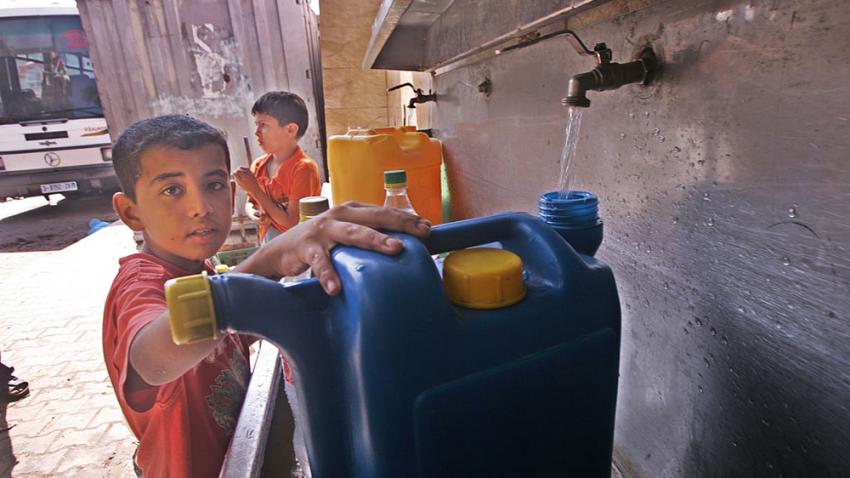The United Nations Human Rights Council (UNHRC) met on March 18 to investigate the human rights situation in Palestine and issued a report that focused on the impact of the occupation on the environment and natural resources, the ongoing use of excessive force by Israeli security forces against demonstrators in Gaza, and the near-humanitarian catastrophe in the territory caused by the blockade.
Michael Lynk, UN Special Rapporteur on human rights in the Palestinian territories, said: “For nearly five million Palestinians living under occupation, the degradation of their water supply, the exploitation of their natural resources and the defacing of their environment, are symptomatic of the lack of any meaningful control they have over their daily lives.”
Lynk said Israel’s approach to Palestine’s natural resources “has been to use them as a sovereign country would use its own assets, with vastly discriminatory consequences.
“With the collapse of natural sources of drinking water in Gaza and the inability of Palestinians to access most of their water sources in the West Bank, water has become a potent symbol for the systematic violation of human rights in the Occupied Palestinian Territory,” Lynk said.
“As of 2017, more than 96% of Gaza’s coastal aquifer — the main source of water for the residents of Gaza — has become unfit for human consumption. The reasons include over-extraction because of Gaza’s extremely dense population, contamination with sewage and seawater, Israel’s 12-year-old blockade, and asymmetrical wars that have left Gaza’s infrastructure severely crippled and with a near-constant electricity shortage.”
Read this article in Green Left Weekly.

